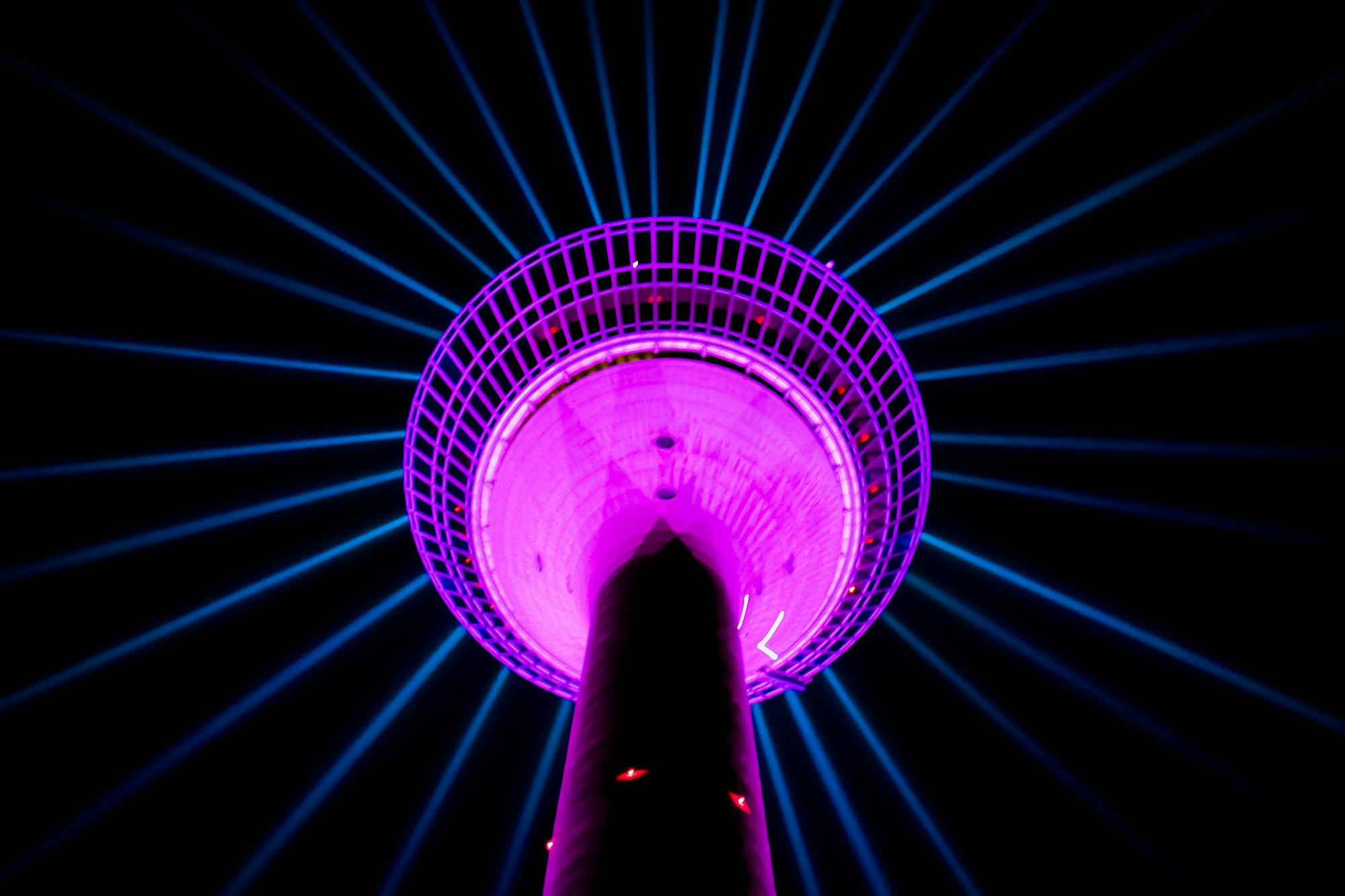How CXOs Can Leverage 5G Edge Networks
Businesses should now gear up to reap the next phase of efficiency, agility, and innovation through 5G edge networks since renowned manufacturers like Apple and Samsung have already jumped on the 5G bandwagon.

The modern digital landscape has offered new horizons and capabilities to organizations embarking on a journey to unleash the next level of innovation and agility. Whether we incorporate smart computing or leverage powerful networking technologies, every aspect has sweetened the kitty to yield better results by delivering a flawless user experience.
However, businesses should now gear up to reap the next phase of efficiency, agility, and innovation through 5G edge networks since renowned manufacturers like Apple and Samsung have already jumped on the 5G bandwagon. Moreover, the estimates from this year’s Ericsson Mobility report reveal that the total number of 5G subscriptions worldwide would reach 580 million this year, which is almost double from 2020.
So does it mean that consumers are already expecting vendors to deliver up-to-snuff experiences in the coming months since modern apps and systems are becoming data gourmands?
Undeniably, yes!
Since the conventional 4G-LTE coupled with centralized computing isn’t efficient enough to predict the surging data volumes and meet the demands, 5G is undoubtedly on the verge of offering immersive experiences and business opportunities. Hence, every CXO (chief experience officer) must put their best foot forward to navigate their enterprise’s digital transformation journey from 4G-LTE to cutting-edge 5G edge technology.
Let’s dig deeper into the role of 5G technology and how CXOs can leverage it for thriving business success through a new level of agility and efficiency.
5G Edge Unleashing New Opportunities
We’ve witnessed a drastic change coupled with endless business opportunities with every generation of wireless networking technology. The same goes for the case of 5G. The 5G network is expected to serve billions of customers and provide enterprises the scalability and flexibility they’ve been looking for as they could deploy powerful technologies to cater to the surging demands of users.
CXOs can combine advanced technologies like artificial intelligence and machine learning with high-speed data transfers that create a whole new experience for consumers and provide valuable insights to enterprises in real-time.
Let’s have a quick look at some of the 5G possibilities that can be fruitful for both consumers and service providers.
Innovation With New Data Models
Since we already discussed the emergence of future data-hungry applications and systems, 5G would surely help CXOs design the most immersive experiences through new business models.
Many enterprises, including the e-commerce giants, are developing new data models that allow quick responses and faster data transfers by leveraging cutting-edge networking infrastructure.
The next generation of mobile networks would surely lend a hand in crafting the most pleasing user experience and eventually open doors to collect valuable user data for businesses, including purchase history, behavior, and more, without affecting the overall user experience.
This would further help retailers enhance efficiency as they have real-time control over inventory management.
The Dawn Of New Era of Network Security
Undeniably, 5G is inherently diverse to any conventional mobile generation and enables machine-type communication — perhaps its most anticipated and unique selling point.
5G networks would soon serve diverse infrastructures that facilitate automation, robots, connectivity to machines, and digitization. This means a reliable and robust network security mechanism becomes the need of the hour.
In recent years, the number of security threats has surged across the globe, and different industries are drastically affected by the same. Many businesses have faced losses worth millions of dollars and even compromised their sensitive consumer identity information. These attacks can impact the confidentiality and integrity of a network system, which ought to be reliable enough to maintain the privacy and security of users.
The 5G network introduces IMSI (international mobile subscriber identity) encryption that secures interoperability between the overall functions required to provide network connectivity.
The network utilizes 256-bit encryption, which is perhaps the most advanced standard used to date. With 5G, a user’s identity and location are securely encrypted, making it more challenging for cybercriminals or unauthorized users to identify or locate a user.
The Next Level Of Efficiency And Scalability
Whether we consider self-driving automobiles or smart assistants paving the way for a seamless experience, a slight network delay or latency could be pretty vexing. Moreover, streaming 3D videos or experiencing immersive apps require consistently high bandwidth. This cannot be fulfilled with the conventional 4G-LTE networks.
With 5G network technology, CXOs can better focus on enhancing experiences for users in a way that mitigates latency and helps cater to the sudden increased demand for data.
Since the demands on mobile networks are usually complex, 5G would help densify data requirements, which can be delivered in real-time based on the arising situations.
Final Thoughts
Business investments in 5G over the next couple of years could be a game-changer for any enterprise as the technology standardizes globally.
However, 5G is undoubtedly a new trend. It would surely take a reasonable amount of time to set up networks and devices and customization as per the business needs.
As a CXO, one should begin embracing the technology in the earlier stages to maintain a competitive advantage, which assures good ROI and eventually helps deliver seamless experiences to consumers.
Originally published at Forbes
/https%3A%2F%2Fspecials-images.forbesimg.com%2Fimageserve%2F5fca724cd90e0cb5643f2f60%2F0x0.jpg)


